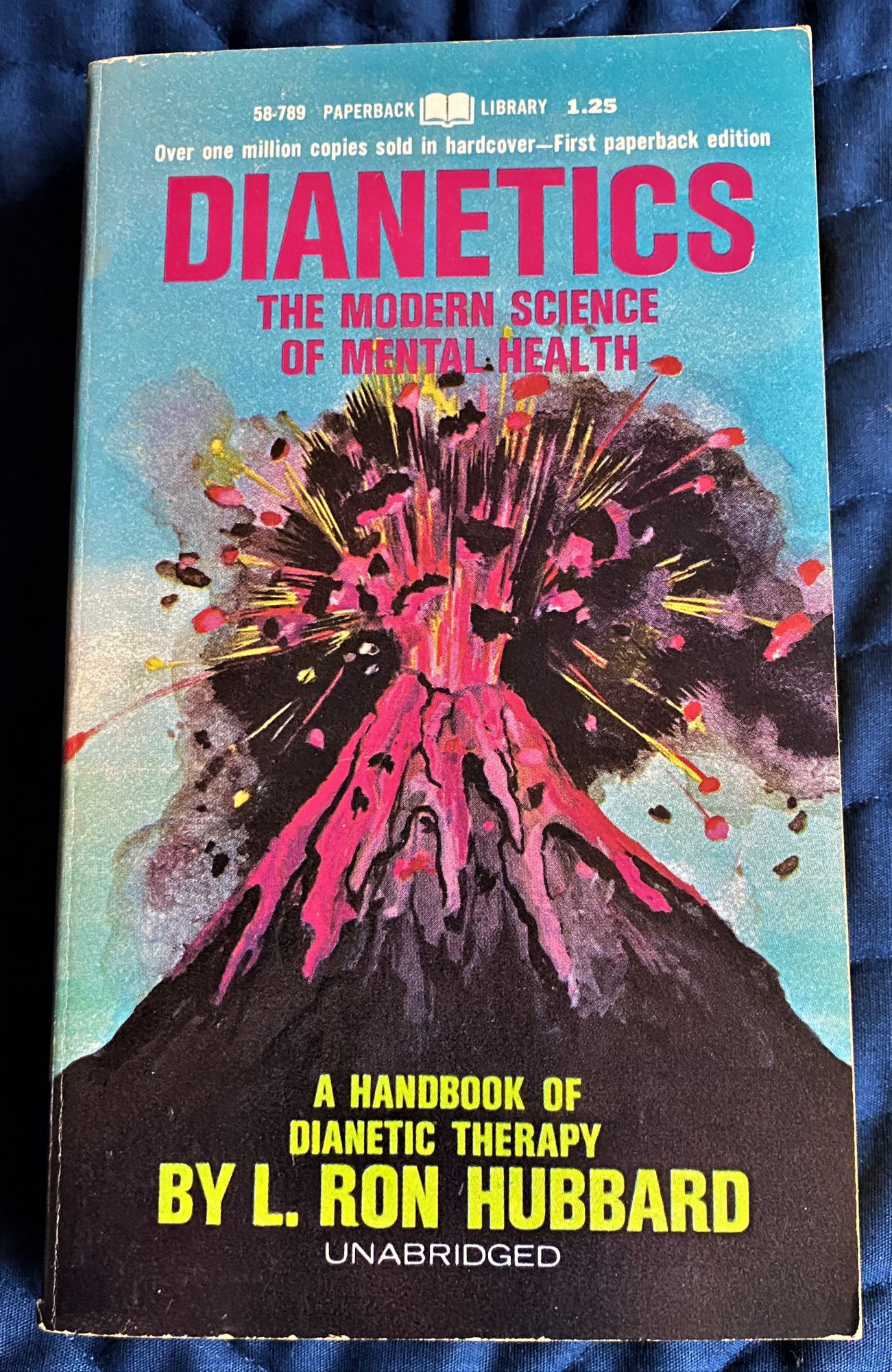Things about Dianetics
Table of ContentsHow Dianetics can Save You Time, Stress, and Money.Dianetics Things To Know Before You BuyDianetics Fundamentals ExplainedDianetics Can Be Fun For Anyone
I could not ever not intend to obtain anything that enters your mind for you- if it was otherwise, I wouldn't be resting here with you, doing this. I not just might never have a problem, or not wish to listen to something that comes to mind for you, yet I'm completely excited to understand every idea, every thought, every picture or feeling that emerges or manifests for you- don't ever assume or else, and if somehow you do, please just allow me understand! Sometimes, you might have an idea, and picture, concept or occurrence pop up that does not seem to answer the concern, or associate with it, yet nonetheless, always do tell me concerning it, and as we proceed, the importance will certainly emerge for you.This is intrinsic in the basis of processing, and the subject of this conversation: the fundamental roles of the counselor and the customer: The standard role of the therapist is, as opposed to "standard training", not to control, which implies to enforce and/or prevent, but to instead function from the basis of EMPOWERING THE CLIENT.

Our Dianetics Diaries
John Mcmasters expressed this basic fact splendidly well in one of his talks on Power processing, wherein he clarifies how he was asked what this "unique knack" was that he had for giving such fantastic sessions; he needed to think concerning that for a minute, and detected that it was what he had not been doing, along with what he was doing: he had not been assessing, evaluating, computer, or in truth, creating any ideas, not to mention verbal expressions, after offering the command and while awaiting the PC to complete their answer to their fulfillment; he was, just and just, being existing with the PC, and entirely interested.
The role of the counselor, showed; that was his "special knack". I have had my very own experience which showed me this well, really early in the video game. In 1982, having actually lately finished my training and teaching fellowship on New Age Dianetics, I was running this on a PC, and there was a point in websites the session where (being a bit damp behind the ears not yet having many visit here hours under my belt as a professional auditor) the PC seemed to be "taking as well lengthy" to reveal anything vocally after I provided him a command.
This trick became one of the most beneficial contribution that John ever made to the subject of therapy or auditing (Dianetics). In my humble opinion, it is the best contribution that anyone has ever before made to these subjectsthe application is totally non-judgemental, non-evaluative, and without any suggestion, guidance or opinion.no preconceived agenda for individuals, or 'levels' that they must do
In Scientology we prided ourselves on not reviewing for individuals. All that truly suggested was that the auditor did not VERBALLY evaluate for the Computer in session.
Some Known Questions About Dianetics.

Any person that had actually ever before seen John audit can not help yet see a special top quality in his auditing."The customer's fundamental function is to be there with the objective of relocating the instructions of their spiritual goals, and to easily and completely express and experience whatever materializes for them in answering the questions and carrying out the guidelines in the handling.
This is something to process as needed. Yet likewise, people frequently have prior experience and/or indoctrination in auditing/processing which, in some means, and to some extent, in fact misleads them into attitudes, ideas and like this behavior patterns that stop the complete understanding of these duties, and so they will certainly have a tendency to inhibit the expressing of what comes to mind, as in the instances offered over. * The initial, and perhaps primary instances of mis-indoctrination causing much less than totally smooth and effective sessions, can be discovered in particular aspects of the training routines, or "TR's":"TR's" are usually a person's first, or at least early, experience in Scientology, and while I will certainly take place to explain what I view as the defects in principle and practice, nevertheless, tend to be greatly therapeutic, done as they are given (Hubbard firmly insists that "TR's are not processing, they are educating", yet factually, they are both handling AND training)
Alan Walter made similar observations, and enhanced these with his "Presence Processes". There is no "failing", and no rejection of the truth of this being handling. The emphasis, as it should be, is on experiencing the other person's presence. All the manifestations which get a "fail" in doing "TR-0" are just the being's efforts to withstand the other person's presence, and as opposed to being harassed and nagged with "Flunk", which imposes "failure!" on the being, one simply needs to be encouraged to "stick their feet in the water a little deeper", to progressively restore their ability and readiness to completely share and experience "being here", or "visibility", with others.
What Does Dianetics Mean?
